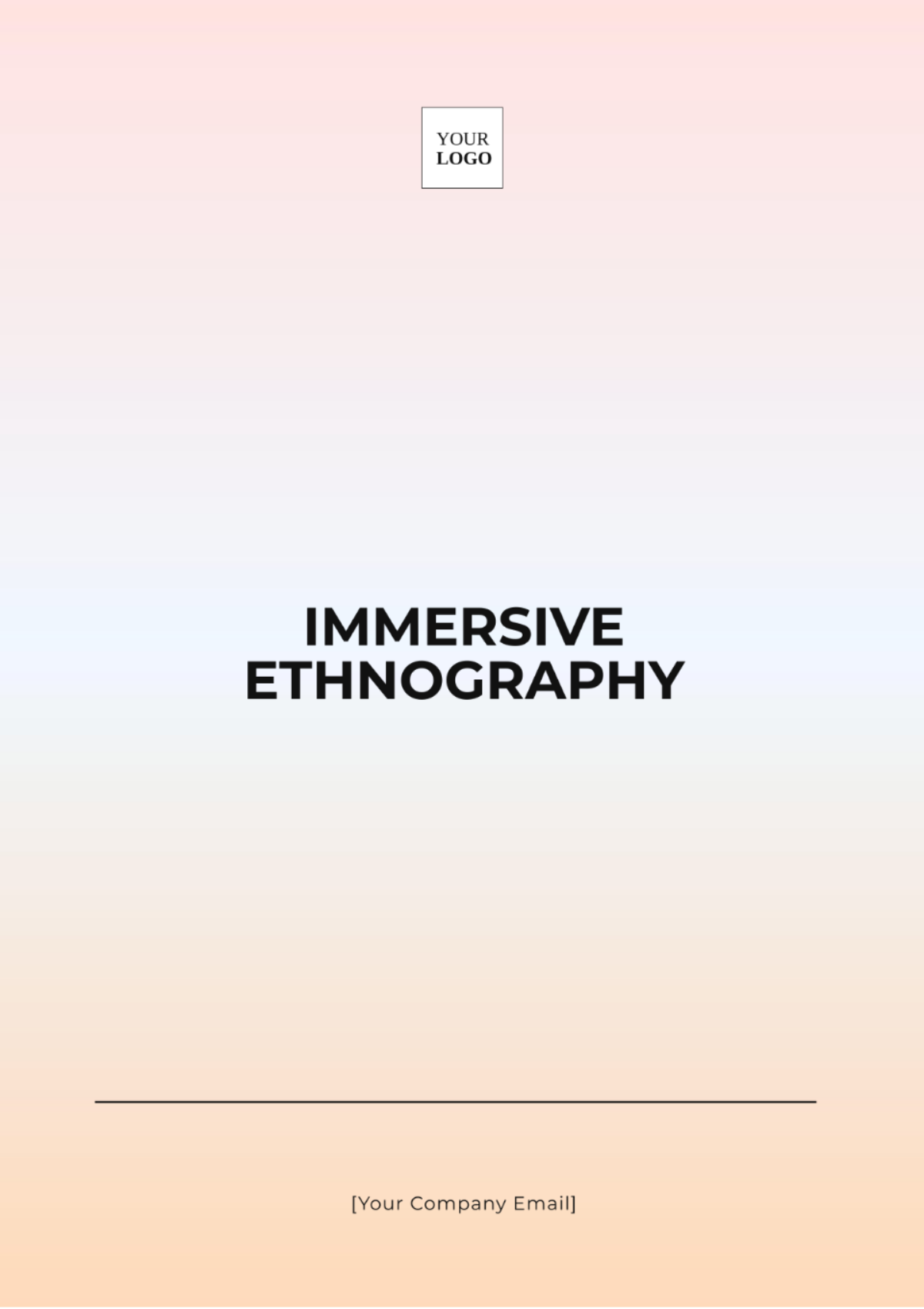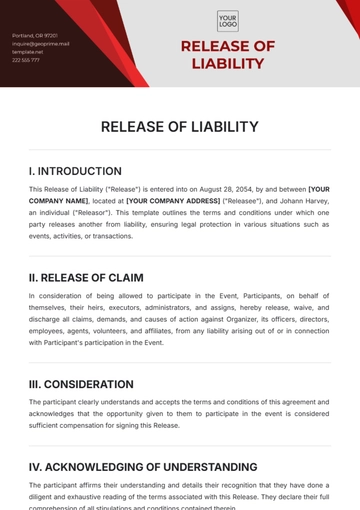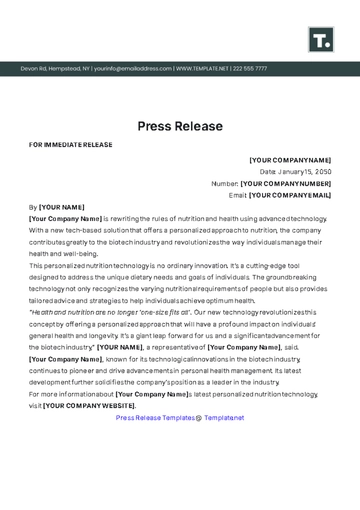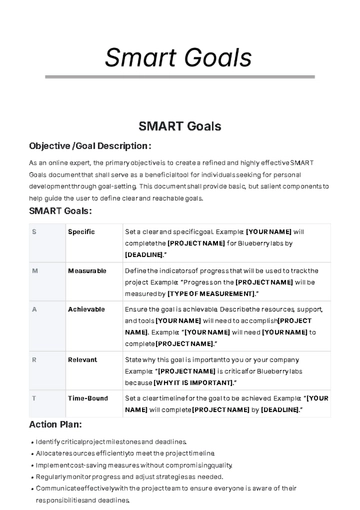Free Immersive Ethnography

Prepared By: [YOUR NAME]
Date: [DATE]
I. Introduction
This Immersive Ethnography explores the dynamics of urban community gardens in a major metropolitan area. The purpose of this study is to understand how these gardens contribute to community building, food security, and environmental sustainability. Through immersive research methods, the study focuses on the daily interactions among gardeners, the management of the gardens, and the overall impact on the surrounding urban environment.
II. Methodology
This research employed an immersive ethnographic approach, embedding the researcher in the daily life of urban community gardens over six months. This approach provided deep insights into the social dynamics, challenges, and successes within these spaces. Methods included:
Participant Observation: The researcher regularly visited multiple gardens, actively participating in gardening activities to gain a nuanced understanding of member interactions and routines.
Semi-Structured Interviews: In-depth interviews were conducted with garden participants, organizers, and residents, yielding rich qualitative data on their experiences and the gardens' impact on the community.
Field Notes: Detailed field notes were taken during each visit, capturing observations, conversations, and the broader context of garden life, documenting the subtleties of social interactions and the gardens' evolution.
III. Contextual Background
The city in focus has a diverse population and a growing interest in sustainable living. Community gardens have emerged as key spaces for local engagement, providing fresh produce and fostering social connections. The gardens vary in size and structure, are managed by different community groups, and are often supported by local government initiatives.
IV. Findings
Community Engagement: Gardens serve as vital social hubs where individuals from different backgrounds come together. Activities such as group planting events and workshops enhance community cohesion.
Food Security: Participants report improved access to fresh produce, which contributes to better nutrition and reduced grocery expenses. Some gardens also run small-scale markets where surplus produce is sold or exchanged.
Environmental Impact: Gardens contribute to urban greening, improve local biodiversity, and offer educational opportunities about sustainable practices. They also help mitigate the urban heat island effect.
Challenges: Common issues include limited funding, seasonal variability, and occasional conflicts among garden members. These challenges are addressed through community meetings and collaborative problem-solving.
V. Analysis
The findings from this immersive ethnography reveal that urban community gardens are integral to the city’s social and environmental fabric, serving as more than just spaces for growing food.
Social Inclusion: These gardens bring together people from diverse backgrounds, fostering community and breaking down social barriers through shared activities and collaboration.
Environmental Stewardship: By promoting sustainable practices like composting and organic farming, the gardens enhance ecological health and raise environmental awareness.
Urban Resilience: The gardens contribute to urban resilience by improving air quality, supporting biodiversity, and mitigating the urban heat island effect, making the city more adaptable to environmental changes.
However, sustaining these benefits requires addressing key challenges:
Logistical Issues: Effective garden management and resource allocation are crucial for meeting the needs of participants and the broader community.
Financial Sustainability: Stable funding through partnerships, sponsorships, or community-led initiatives is essential for the gardens’ long-term viability.
Community Engagement: Ongoing community involvement and a sense of ownership are necessary to maintain the gardens’ vibrancy and relevance.
VI. Conclusion
Urban community gardens play a crucial role in fostering community spirit, improving food security, and contributing to environmental sustainability. To maximize their impact, it is essential to address the challenges faced by garden participants and maintain robust support systems. Future research should explore long-term impacts and strategies for scaling successful garden models to other urban areas.
VII. References
Smith, J. (2053). Urban Gardening and Community Engagement: A Case Study. University Press.
Brown, A., & Green, M. (2052). Sustainable Practices in Urban Agriculture. City Sustainability Publications.
Local Government Report (2054). Community Garden Impact Assessment. City Council.
- 100% Customizable, free editor
- Access 1 Million+ Templates, photo’s & graphics
- Download or share as a template
- Click and replace photos, graphics, text, backgrounds
- Resize, crop, AI write & more
- Access advanced editor
Dive deep into your fieldwork with the Immersive Ethnography Template from Template.net. This editable and customizable template is designed for researchers who engage deeply with their subjects, allowing you to record and analyze your immersive experiences effectively. Editable in our Ai Editor Tool, it offers a streamlined format to capture the richness of lived experiences within your ethnographic studies.
You may also like
Free
Free CV Template

- Resume
- Cover Letter
- Report
- Budget
- Lesson Plan
- Itinerary
- Resignation Letter
- Letter
- Job Description
- To Do List
- CV
- Proposal
- Business Plan
- Checklist
- List
- Smart Goal
- Executive Summary
- Agenda
- Analysis
- Press Release
- Memo
- Note
- Action Plans
- Script
- Essay
- Brief
- Syllabus
- Tracker
- Contract
- Agreement
- Bill of Sale
- Case Study
- White Paper
- Statement
- Will
- Deed
- Notice
- Scope of Work




























